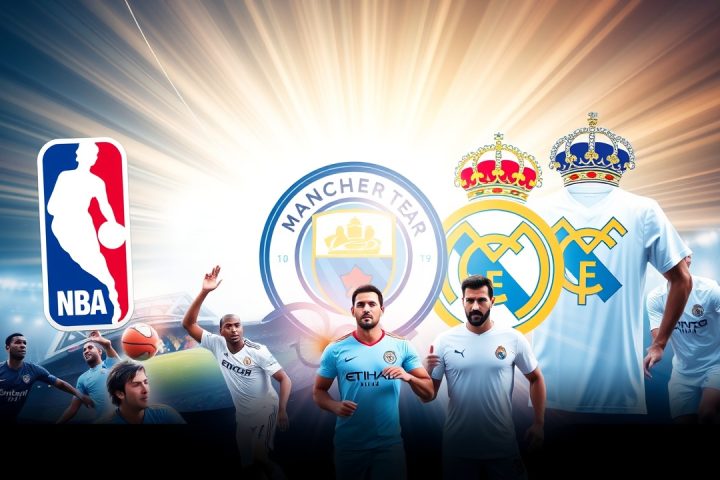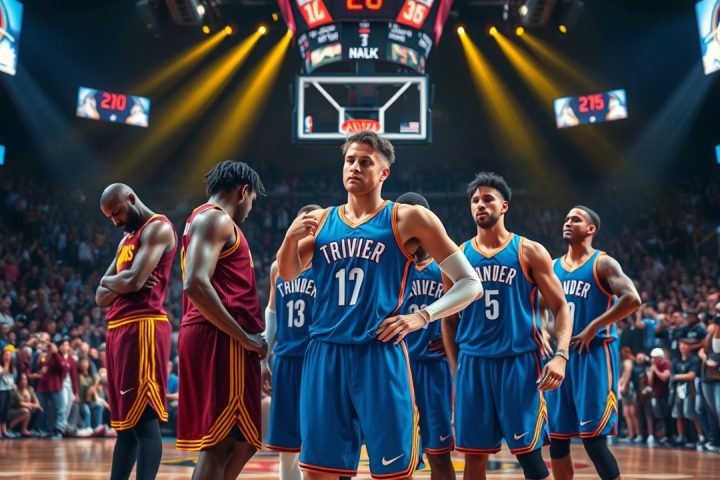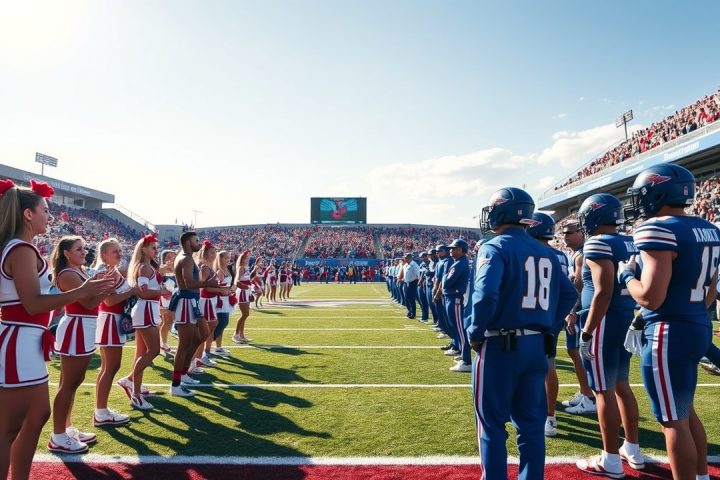Lakers’ Ownership Change
In a significant shake-up for the Los Angeles Lakers, Mark Walter, the principal owner of the Los Angeles Dodgers, has acquired a majority stake in the iconic NBA team, with the deal valuing the franchise at a staggering $10 billion. This marks the first time in 40 years that a new figure has taken the helm of the Lakers, a development that undoubtedly captivates local fans.
Record-Breaking Deal
Walter’s purchase, finalized on Wednesday, sets a new precedent as the most expensive transaction for a professional sports team to date, equating to the financial weight of approximately six Tampa Bay Rays organizations. Given his successful history with the Dodgers, where he led the team to two World Series championships and multiple division titles since purchasing it for $2.1 billion in 2012, there are high hopes surrounding his new role with the Lakers.
Challenges Ahead
Despite Walter’s impressive track record, the transition won’t come without challenges. The operational structures of Major League Baseball (MLB) and the National Basketball Association (NBA) are fundamentally different, and it’s crucial to understand that success in one league doesn’t guarantee success in the other. While Walter was able to implement sweeping changes to the Dodgers’ operations, he will face limitations and new dynamics with the Lakers.
The Dodgers’ rise from bankruptcy to being a premier team was rooted in strategic investments and smart hires, highlighted by the hiring of Magic Johnson and Stan Kasten shortly after Walter joined the ownership group. Their commitment to resource allocation saw pivotal trades, like the acquisition of All-Stars in 2012, positioned the Dodgers back into title contention.
Lakers’ Financial Approach
In contrast, the Lakers have not consistently operated with the same aggressive financial mindset, having acted more like a family-run business over the past decade. While the Dodgers have frequently landed among the top in MLB payrolls, the Lakers have been more conservative regarding luxury tax expenditures, only entering that realm in response to specific player acquisitions like Russell Westbrook.
Walter’s direct involvement with the Dodgers showcased a willingness to spend on talent and player development. The success in scouting has been notable, with the Dodgers consistently producing quality players, though not always resulting in smooth team dynamics. The Lakers also possess a strong scouting department, highlighted by their ability to discover talent such as Alex Caruso and Austin Reaves, suggesting a foundation to build upon under Walter’s leadership.
Looking Ahead
Looking ahead, if Walter applies the same strategy with the Lakers that revitalized the Dodgers, significant changes are anticipated. His experience suggests a readiness to invest in elite talent while making necessary operational adjustments. One exciting prospect is the potential recruitment of Luka Dončić, a budding superstar who could redefine the Lakers’ trajectory.
As Walter steps into this new role, the overarching question remains: can he replicate the winning formula he established with the Dodgers in the highly competitive realm of the NBA? With a solid team of decision-makers and financial backing, the future could indeed be bright for the Lakers.
However, Walter must carefully navigate the sport’s unique challenges, ensuring he builds a well-rounded organization that embraces both talent acquisition and player development. If successful, the rest of the NBA may soon be on alert.




